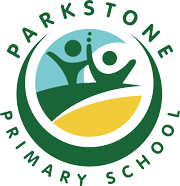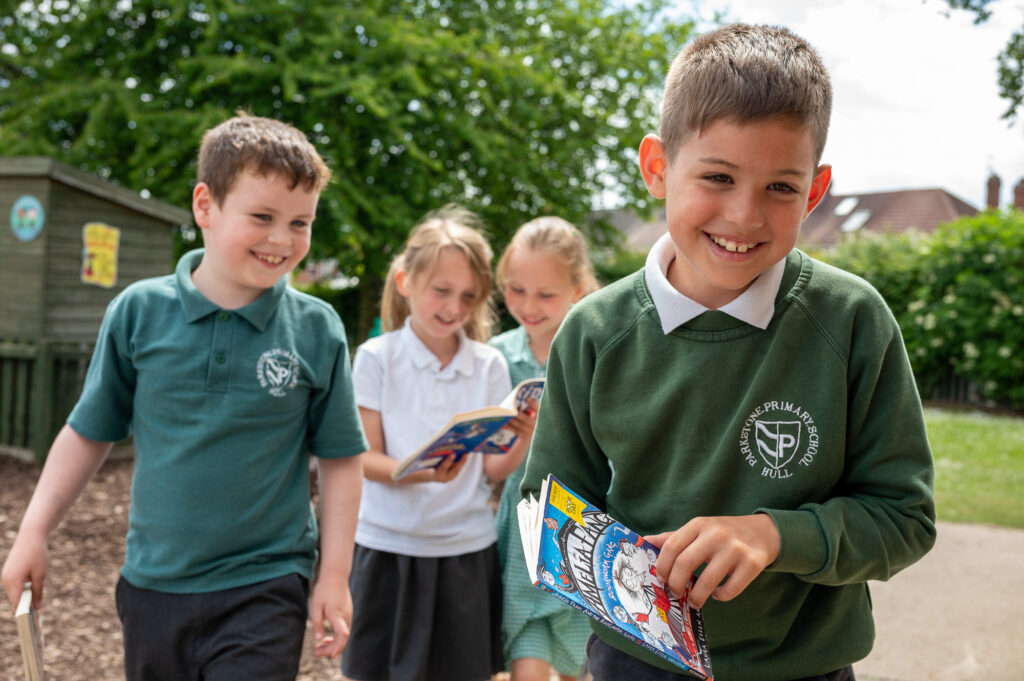Phonics at Parkstone Primary School
At Parkstone we follow the Read Write Inc phonics programme. Read Write Inc teaches children to read accurately and fluently with good comprehension. They learn to form each letter, spell correctly, and compose their ideas step-by-step.
In the programme children learn sounds and the letters that represent them, and how to form the letters. Then, they read books written using only the letters they have learnt (and a small number of separately taught ‘tricky words’). This gives the children plenty of early success and builds up their reading confidence.
Ruth Miskin Literacy
How will my child learn to read?
The Read Write Inc. Phonics approach teaches children to read sets of sounds and then blend them to read words. The books that they read at school will only contain the sounds they’ve already learned, so children learn quickly and confidently.
What is Fred Talk?
If your child’s school is using Read Write Inc. Phonics, teachers will introduce your child to a toy frog called Fred once he or she is ready to start reading words. Fred can only say the sounds in a word and needs your child to help him read the word. Fred will say the sounds and children will work out the word. For example, Fred will say the sounds c–a–t, and children will say the word cat. This is Fred Talk: sounding out the word.
How can I help at home?
In the early stages of learning to read, help your child to learn the sounds represented by the letters (e.g. mmmm), rather than the letter names (e.g. em). This will help them when they start blending sounds together to read words.

